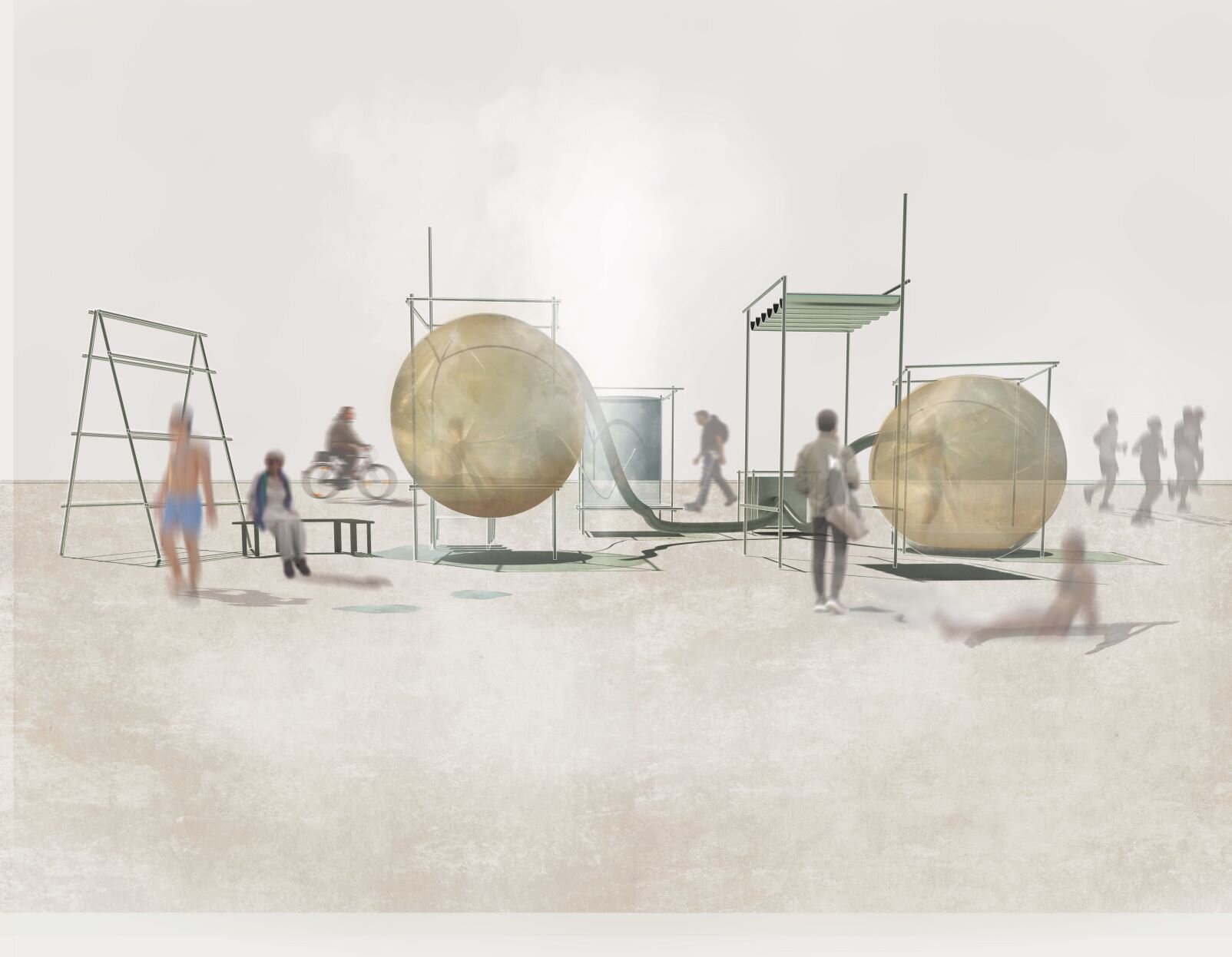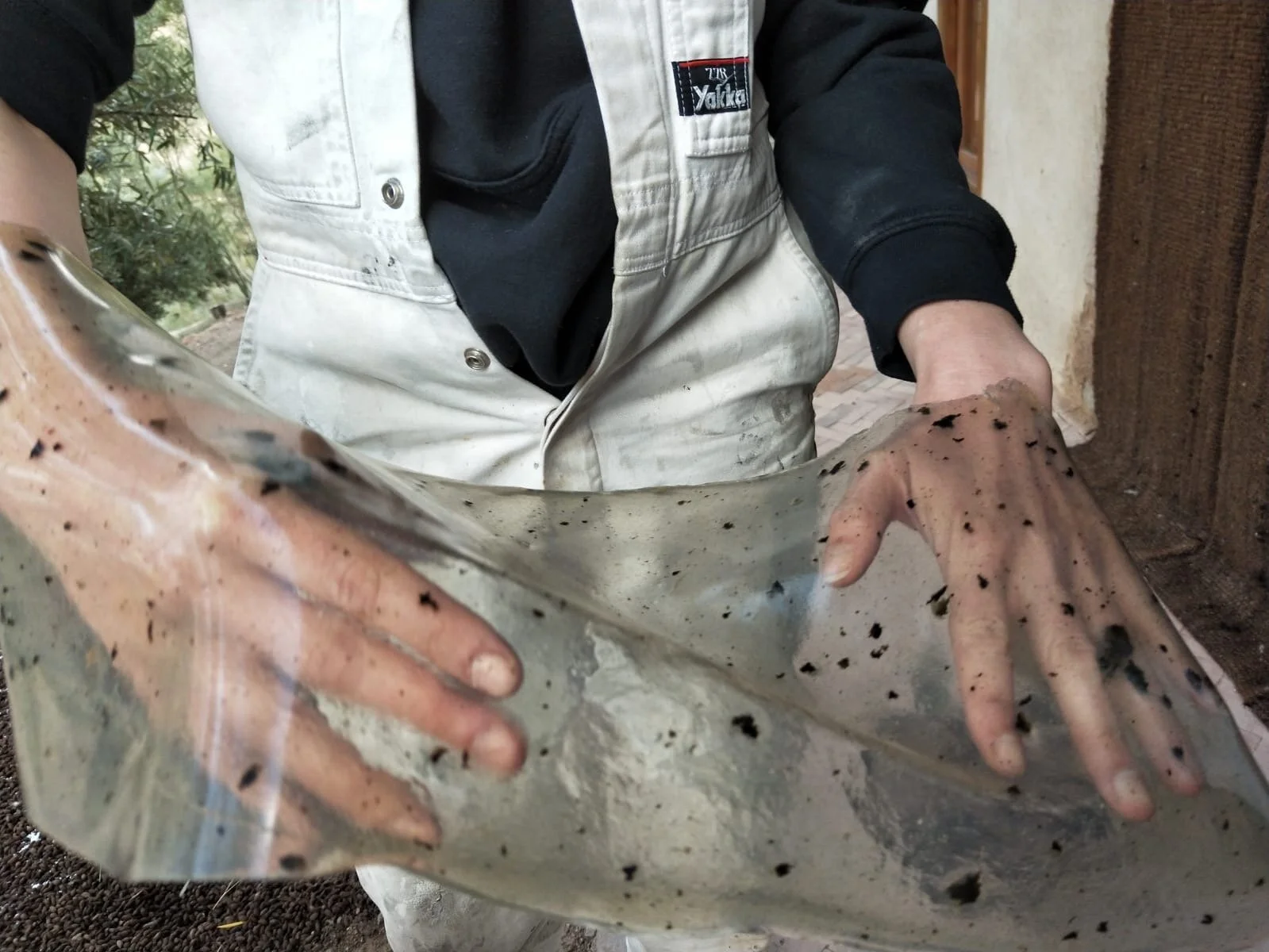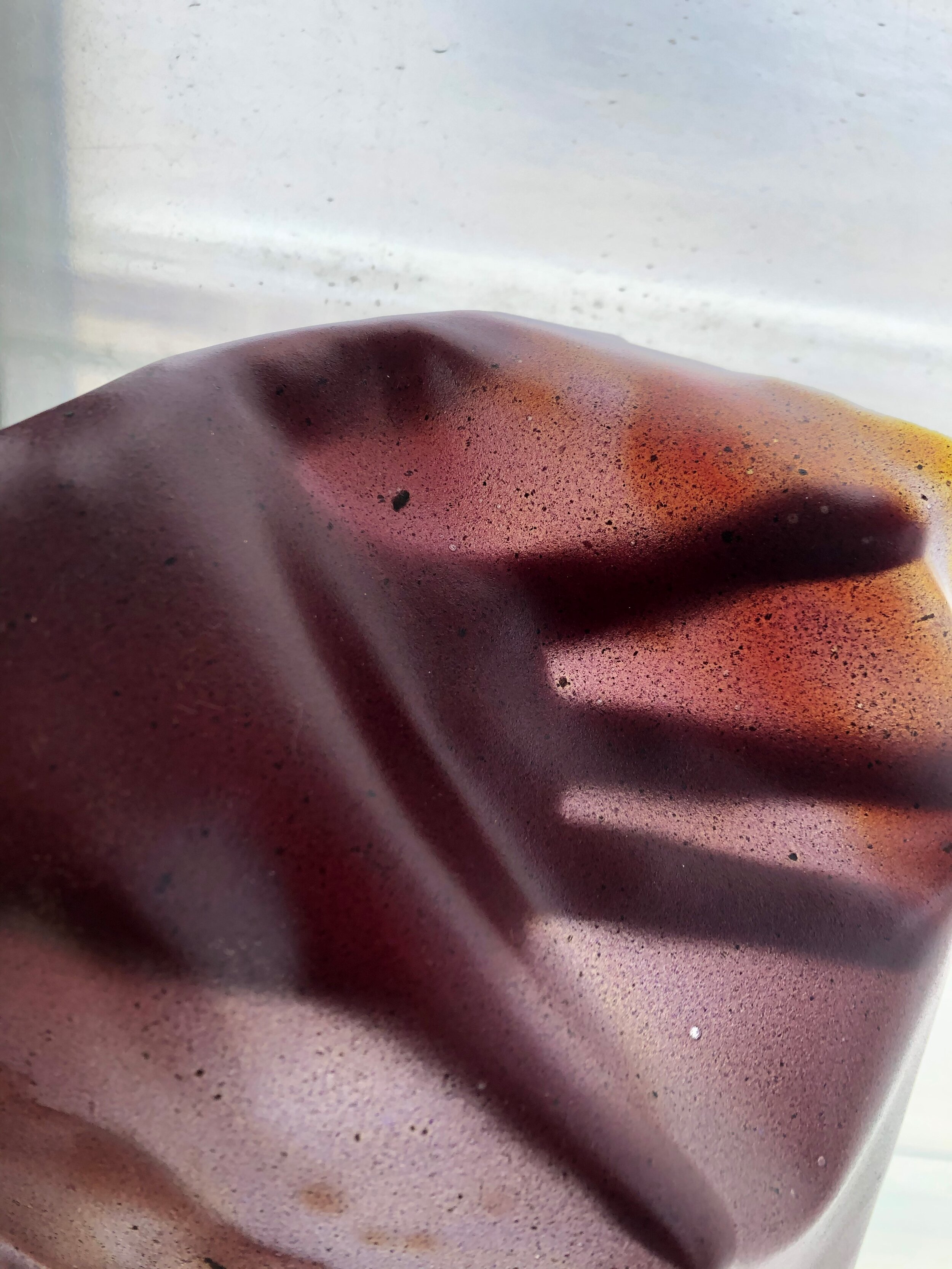Seaweed Appreciation Society international (SASi) are a mobile experimental platform dedicated to artistic research into seaweed and marine ecologies.

We host events that enhance appreciation for seaweed as a subject. Together with artists, scientists, philosophers, performers and those with a general interest in seaweed, we explore, query and celebrate interspecies conviviality between human and seaweed.
This community-based group investigates creative ways to understand marine environments and speculates on seaweed-infused futures through the prism of art and science.
Through reading groups, residencies, talks, forages, feasts and field trips, SASi connects marine specialists with artists and creatives for open-ended conversations and collaborations.
SASi's work aims to cultivate attention to seaweed as a cultural, botanical and material actor. We explore seaweed itself, as well as its varied ecological, economic and political contexts.
Macroalgae Mobilisation: group exhibition by Seaweed Appreciation Society international/SASi at Blindside Gallery for Collective Polyphony Festival
This extraordinary gathering brings together 10 local and international emerging and established artist collectives across 7 exhibition spaces. Modelling peace-building architecture and infrastructure, the Collective Polyphony Festival is a ground-breaking multi-space event that fosters and nurtures emerging and established artist collectives. It is founded upon the central idea of artists supporting artists.
Research areas
Current research is focused on exploring the cultural history of human-seaweed relations; the materiality of seaweeds and algae; creative ways to protect and rehabilitate marine environments; eco-philosophical properties of seaweed; and the possibilities that seaweed presents for the realms of art, architecture, design, food, carbon sequestration, marine permaculture and regenerative land practice.
SASi are focused on gathering and sharing knowledge, research and experience. The role and potential of seaweed as a vital asset for rehabilitating oceans is a key focus of SASi’s research and we trace the cultural history of human-seaweed relations to situate our knowledge and practice. As often as possible we take the discussions outside, leading seaside forages, research roadtrips and engaging conversations around the campfire. Through our various SASi events we seek to present a heightened experience of seaweed through our taste-buds, down microscope lenses, wading through intertidal zones, immersed in kelp baths, reading seaweed stories and imbibing briny beers and pig face gins from kelp based cups. We are excited to collaborate with chefs, designers, architects, brewers, distillers, artists and scientists to dream up new concoctions for a sustainable seaweed future.

Algalsphere.
A portable Seaweed Bath by Lichen Kelp and Luca Lana.
In 2020/21
we are presenting a Biomutualism event for Science Gallery Melbourne, SASi member Mat Bate has written a children’s book about seaweed released by Thames and Hudson, we are developing Algalsphere - a portable seaweed bath, conducting an in depth residency at Siteworks in Brunswick and we will continue to research kelp farming; meeting and visiting marine experts in the field and working closely with coastal communities.
SASi aims to bring people together to act as adventurous human agents on behalf of marine algae.
Biomutualism
An artistic project by Jessie French and Lichen Kelp exploring the materiality of seaweed.
SASi members Lichen Kelp and Jessie French began working on Biomutualism in 2019, exploring tangible ways to explore the materiality of algae and incorporate seaweed into art, design and everyday life as well as exploring symbiotic relationships in nature, culture and economics.
Biomutualism is a term used in biology to describe an association between biology and another discipline, where each discipline reciprocally advances the other to where the collective advances that emerge are beyond any single field.
For us, Biomutualism is a joint endeavour exploring symbiotic relationships in nature, culture, economics and beneficial enviro-practice. We are currently investigating algae bioplastics, marine algae farming and the potential for further farming of seaweeds for food, fertiliser, fuel, material, carbon sinks and marine habitat rehabilitation. Biomutualism promotes the communal sharing of food, drinks, knowledge and resources on this planet.












